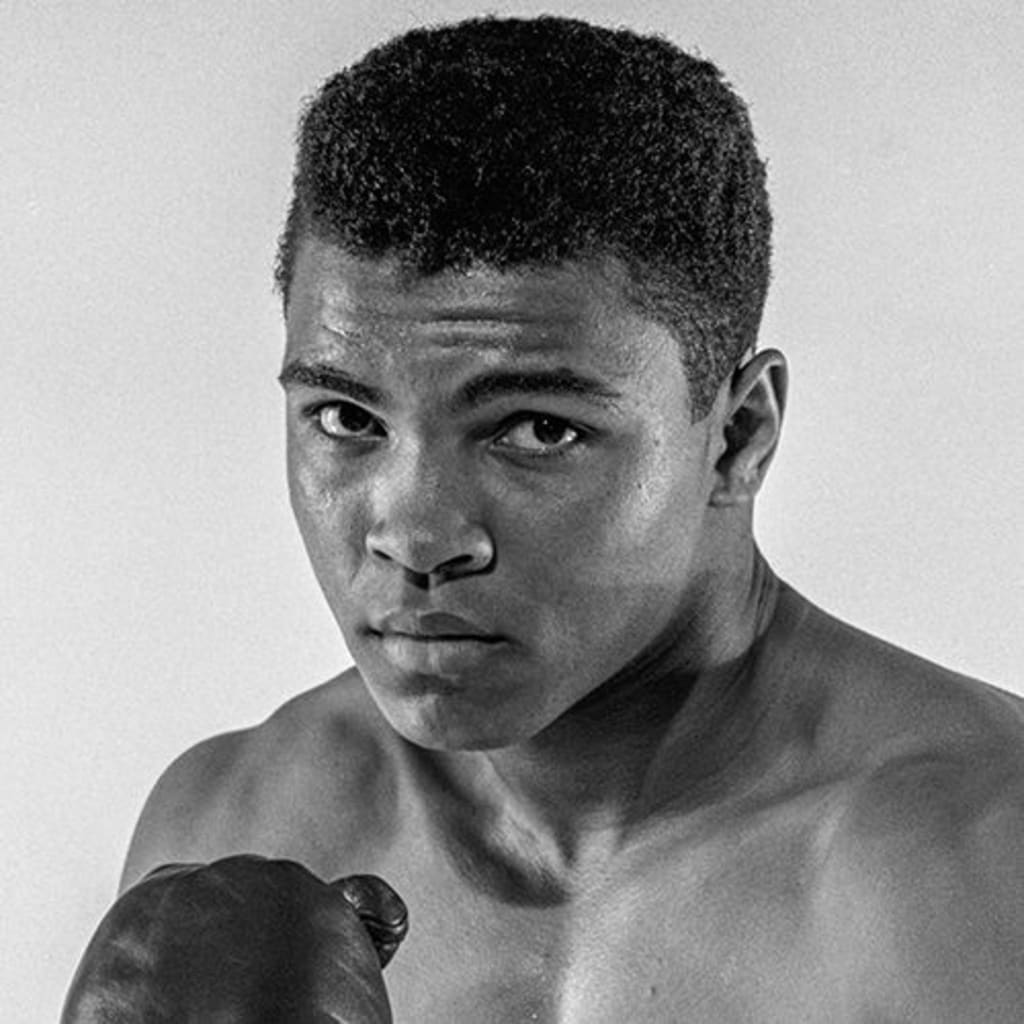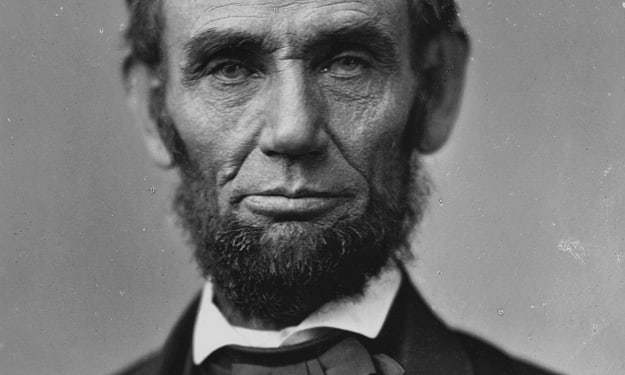Story of Muhammad Ali
The Life and Legacy of Muhammad Ali: Beyond Boxing

Muhammad Ali, born Cassius Marcellus Clay Jr. on January 17, 1942, in Louisville, Kentucky, was one of the greatest boxers of all time. Known for his lightning-fast punches, footwork, and flamboyant personality, Ali revolutionized the sport of boxing and became an international icon. However, his legacy extends far beyond the boxing ring, as he was also an outspoken advocate for civil rights and social justice.
Early Life and Boxing Career
Growing up in a segregated Louisville, Ali was no stranger to racism and discrimination. Despite these challenges, he found solace in boxing and quickly became a standout amateur boxer. In 1960, at the age of 18, he won the gold medal in the light heavyweight division at the Rome Olympics, launching his boxing career.
Ali turned professional soon after the Olympics and quickly made a name for himself with his brash personality and powerful punches. In 1964, at the age of 22, he faced off against the heavily favored Sonny Liston for the world heavyweight title. Ali famously taunted Liston in the lead-up to the fight, predicting that he would "float like a butterfly, sting like a bee." Despite being a significant underdog, Ali backed up his words with his performance in the ring, winning the fight by technical knockout in the seventh round and becoming the youngest fighter to win the heavyweight championship.
Ali went on to defend his title against a series of formidable opponents, including Floyd Patterson, George Chuvalo, and Henry Cooper. In 1967, however, he was stripped of his title after refusing to be drafted into the Vietnam War. Ali cited his religious beliefs and opposition to the war as his reasons for refusing to serve, a decision that was met with widespread controversy and condemnation.

Despite being banned from boxing for three years, Ali remained a towering figure in the sport and continued to speak out on issues of social justice. In 1970, he won a legal battle to regain his boxing license and made his triumphant return to the ring with a victory over Jerry Quarry. In 1971, he faced off against his archrival, Joe Frazier, in what was billed as the "Fight of the Century." Though Ali lost the fight by decision, the bout remains one of the most iconic in boxing history.
Legacy and Impact
Over the course of his career, Ali won 56 of his 61 professional fights, including 37 by knockout. He was known for his signature fighting style, which combined lightning-fast footwork with a powerful jab and devastating uppercut. However, his impact on the sport of boxing extends far beyond his impressive record in the ring.
Ali was a trailblazer in every sense of the word, breaking down barriers both inside and outside the sport of boxing. He was a vocal advocate for civil rights and social justice, speaking out against racism, poverty, and war. His refusal to be drafted into the Vietnam War and his subsequent legal battles set an important precedent for other conscientious objectors.
Ali was also a cultural icon, known for his larger-than-life personality and memorable catchphrases. His interviews and press conferences were often as entertaining as his fights, as he traded quips and insults with reporters and opponents alike. He was a master of self-promotion, and his persona as "The Greatest" helped to popularize boxing and turn it into a major mainstream sport.
In addition to his impact on boxing and social justice, Ali also had a profound effect on popular culture. He appeared in several films, including "The Greatest" and "When We Were Kings," and was the subject of numerous documentaries and books. His influence can be seen in everything from rap lyrics to fashion, as he inspired a generation of young people to be confident, outspoken, and unapologetic in their pursuit of success.
In his later years, Ali continued to be a powerful voice for social justice, speaking out on issues ranging from police brutality to Islamophobia. He was a vocal supporter of humanitarian causes, traveling the world as a United Nations Messenger of Peace and advocating for victims of famine, poverty, and disease.
Ali's legacy continues to inspire generations of athletes, activists, and everyday people around the world. His influence can be seen in the ongoing fight for civil rights and social justice, as well as in the continued popularity of boxing and combat sports.
Sadly, Ali passed away on June 3, 2016, at the age of 74, after a long battle with Parkinson's disease. However, his impact on the world continues to be felt to this day, as his legacy lives on in the hearts and minds of millions of people around the world.
Conclusion
Muhammad Ali was not just a boxer, he was a cultural icon, a trailblazer, and a powerful voice for social justice. His impact on the sport of boxing, popular culture, and the fight for civil rights and social justice is immeasurable, and his legacy continues to inspire people around the world to this day.
Ali's legacy serves as a reminder of the power of sport to bring people together, to inspire change, and to create a better world for all. His courage, his determination, and his unwavering commitment to his principles will continue to inspire generations of people to stand up for what they believe in, to fight for what is right, and to make the world a better place. Muhammad Ali truly was "The Greatest," and his legacy will live on forever.
About the Creator
Mahammad Azmal
Explore the lives of history's most influential figures on my channel! From scientists to leaders, discover the stories of famous individuals who shaped our world. Subscribe now!






Comments
There are no comments for this story
Be the first to respond and start the conversation.